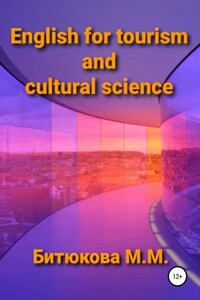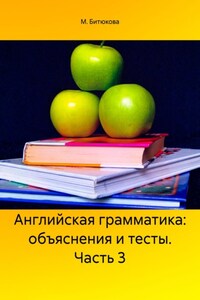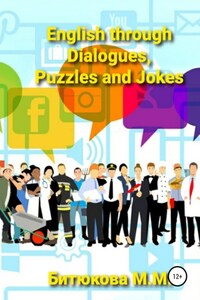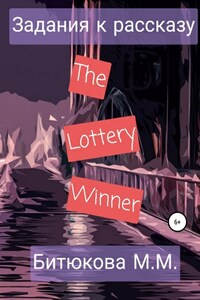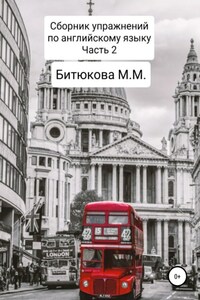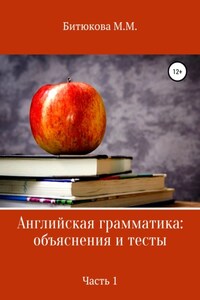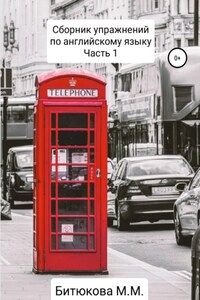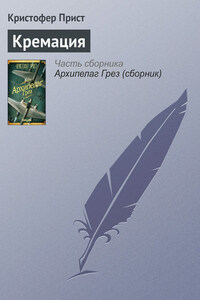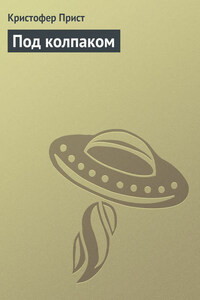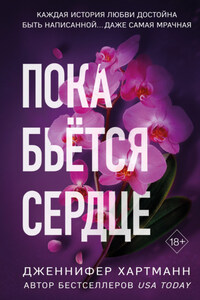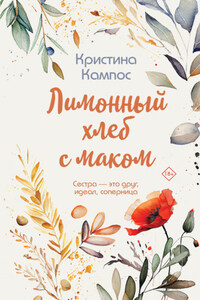Historical Review
Moscow is first mentioned in chronicle under the year 1147 as a possession of Prince Yuri Dolgoruky, and this date has been taken as the year of its founding. Archaeological excavations in the centre of Moscow, however, prove that a small settlement already existed on this site as early as the 11>th century.
Moscow’s position in the heart of the Russian lands and at the intersection of trade routes promoted its rapid growth. In the late 15>th century the city emerged as the capital of the Russian state. The most well-known Moscow princes and kings such as grand prince Andrew Bogolubsky, Ivan Kalita, Ivan the Red, Dmitry Donskoy, Ivan the Terrible, Boris Godunov, Mikhail Feodorovich and others were the continuators of Moscow state formation.
Moscow remained Russia’s largest city even after the capital had been moved to St. Petersburg in the early 18>th century.
Moscow occupied an outstanding place in the revolutionary movement. The barricades of the Krasnaya Presnya district epitomized the courage of the workers who rose in arms against tsarism during 1905-1907.
After the Great October Socialistic Revolution of 1917, Moscow was again made the capital, this time of the Russian Soviet Federative Socialist Republic and the Soviet Union less than five years later.
During the Great Patriotic War (1941-1945) the defenders of Moscow won unfading glory for themselves and the city. The great Battle of Moscow (1941-1942) resulted in the first major defeat of Hitler’s armies in World War II, inflicting on them a loss of over 400,000 men and vast amounts of combat equipment. Twenty years after the end of the war Moscow (and other twelve Soviet cities) was awarded the title of the Hero City.
The postwar period saw Moscow continuing its development as the leading political, economic, scientific and cultural centre of the country. Today it is one of the largest cities in the world (area – 2,511 sq.km.; population in 2020 – 12.4 mln. within the city limits, and over 20 mln. residents in the Moscow Metropolitan Area). It constitutes:
– a sweeping panorama of new housing projects;
– widened and straightened streets in the centre and broad new thoroughfares;
– spacious and attractive buildings of institutes and enterprises, theatres and libraries;
